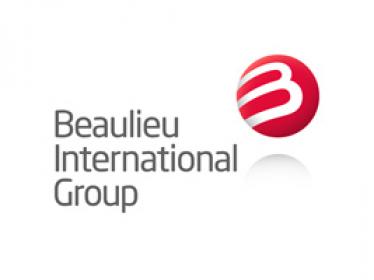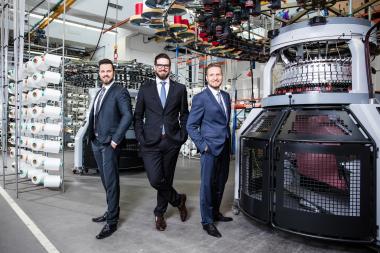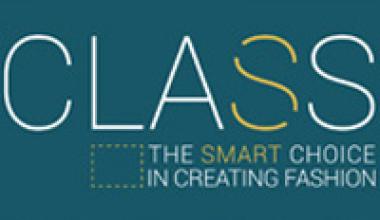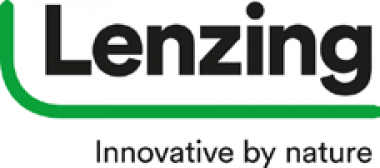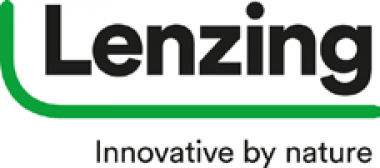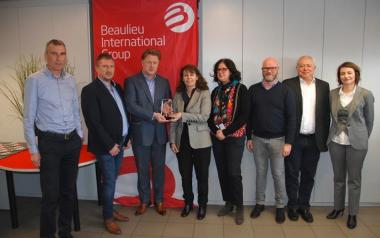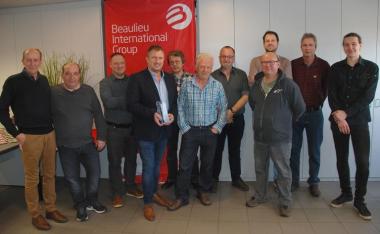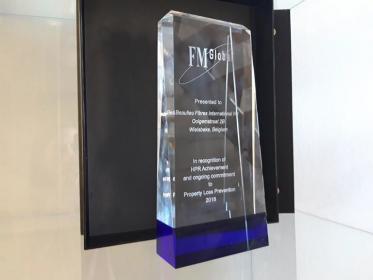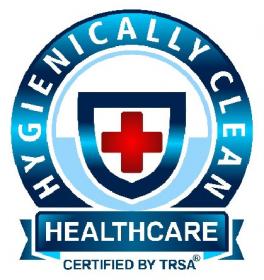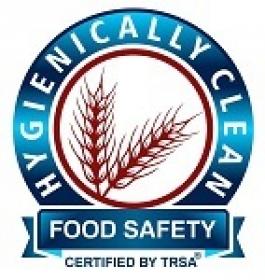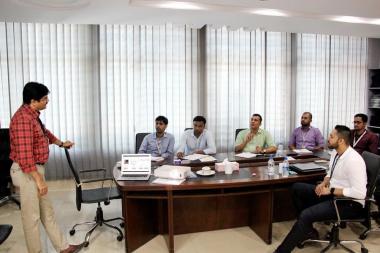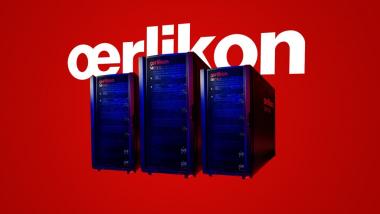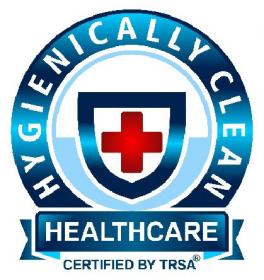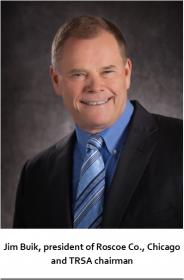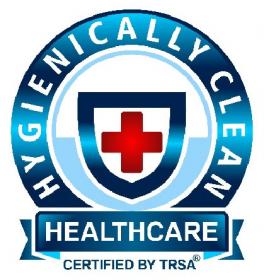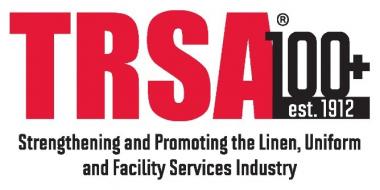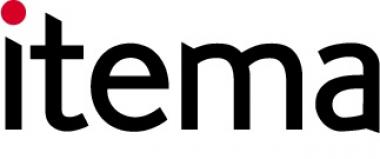Beaulieu Fibres International UltraBond finalist for essenscia Innovation Award 2019
- essenscia Innovation Award is Belgium’s most prestigious prize for industrial innovation
- UltraBond is a cost-effective solution for fully recyclable, latex-free, sustainable carpets
- Significant reductions in ecological footprint and cost for carpet manufacturers
Beaulieu Fibres International, Europe’s largest producer of polyolefin fibres, was nominated for the 2019 essenscia Innovation Award for its recently introduced UltraBond fibre.
The biannual award is the most prestigious prize for industrial innovation in Belgium. Created by essenscia, the Belgian Federation for Chemistry and Life Sciences industries, it aims to promote innovations in the Belgian industry and encourages companies to invest even more in innovative and sustainable products and applications. During the evaluation of the nominated innovation projects, the jury assesses their link with chemistry, life sciences and materials, their contribution to sustainable development, their intellectual property management strategy as well as their added value for the economy.
Formally introduced in early 2019, UltraBond is a patented polyolefin bonding staple fibre that eliminates the need for latex or other chemical binders to bond nonwovens. It enables carpet manufacturers to create 100% PP needlepunch carpets that meet the same performance requirements as traditional constructions, while also reducing end-of-life environmental impact.
UltraBond helps manufacturers make a significant contribution to the circular economy through the production of 100% recyclable carpets. In addition to making recycled PP available for the plastics production chain and reduced waste generation, their total lack of water use and reduced energy use result in significant environmental advantages and financial savings. There is also a reduction in the VOC level of the carpet. This all leads to a significant reduction in a needlepunch carpet’s ecological footprint to the tune of a 35% reduction in CO2 emissions during the full production process.
Beaulieu International Group


